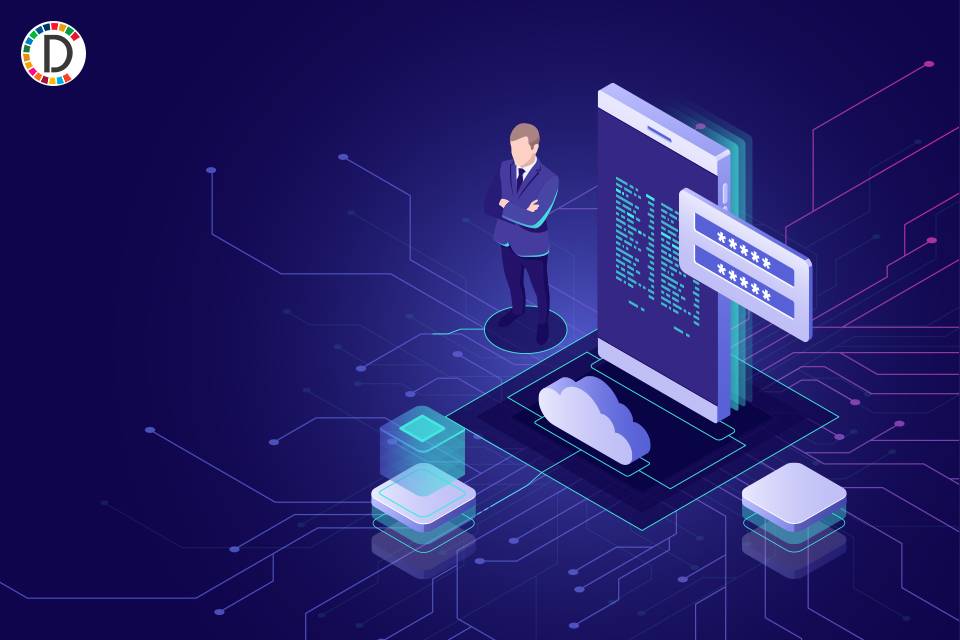Data sovereignty: SBI mulling to build its own domain-specific LLM
The bank has been using Artificial Intelligence AI for over seven years now, and wants to create a situation where it can co-exist with an open-source LLM, its Deputy Managing Director Nitin Chugh said speaking at the Asia Economic Dialogue event here.The project to build its own LLM is an ambitious one to be executed over the long-term, Chugh, who heads the digital banking and transformation efforts at SBI, said.We should start building our own large language models that are at least domain-specific.

- Country:
- India
The country's largest lender State Bank of India is mulling to build its own Large Language Model (LLM) to leverage the data it possesses, a senior official said on Friday. The bank has been using Artificial Intelligence (AI) for over seven years now, and wants to create a situation where it can co-exist with an open-source LLM, its Deputy Managing Director Nitin Chugh said speaking at the Asia Economic Dialogue event here.
The project to build its own LLM is an ambitious one to be executed over the long-term, Chugh, who heads the digital banking and transformation efforts at SBI, said.
''We should start building our own large language models that are at least domain-specific. For how long will we depend on open source models? We are looking at a situation where we can either co-exist with an open source models or have something of our own which also goes through all these tests of data sovereignty,'' he said.
Building such an LLM will offer an independence to the lender and ensure that it is dependent on technical aspects that are coming from elsewhere, he said. Chugh said almost half of the engineers who are helping build AI-based tools at global corporations are Indians, and ''there is an emphasis'' on returning home because of the availability of high amount of data. Stressing that the bank has a lot of data, AI models and also a great team of data scientists, Chugh said in parallel, the bank is engaged in experimentation involving developing use cases in-house or through technology vendor partners.
Much before a privacy law came in, the bank adopted a strong governance model when it comes to things like AI, Chugh said, adding that he expects the Digital Personal Data Protection (DPDP) Act, 2023 to get notified in the middle of 2024.
The regulator is also investing a lot of resources on the Generative AI front and is trying to create policies in alignment with the changing scenario in the market because of the adoption of the latest technologies, he said.
Speaking at the same event, Cognizant India's Chairman and Managing Director Rajesh Nambiar, who also chairs industry lobby grouping Nasscom, said GenAI is ''over-hyped'' in the short-run but underestimated from a long term basis because of the ability to influence things.
Amid concerns on GenAI's impact on jobs, he said Business Process Outsourcing (BPO) jobs are at a greater risk, while in software services or coding related jobs, ones not using AI will feel the heat. ''This (GenAI) can impact white collar jobs a lot more than anything else that came in the past,'' he said.
(This story has not been edited by Devdiscourse staff and is auto-generated from a syndicated feed.)
ALSO READ
Decoding the Digital Personal Data Protection Rules 2025
PM Modi Inspires Global Indians: Bonding with Roots and Overcoming Challenges
Modi's Odisha Visit: Uniting Indians Worldwide at Pravasi Bharatiya Divas
Kerala MLA Urges Action Over Forced Recruitment of Indians in Ukraine
Breaking Boundaries: Indians Eye Top Roles at Maruti Suzuki










